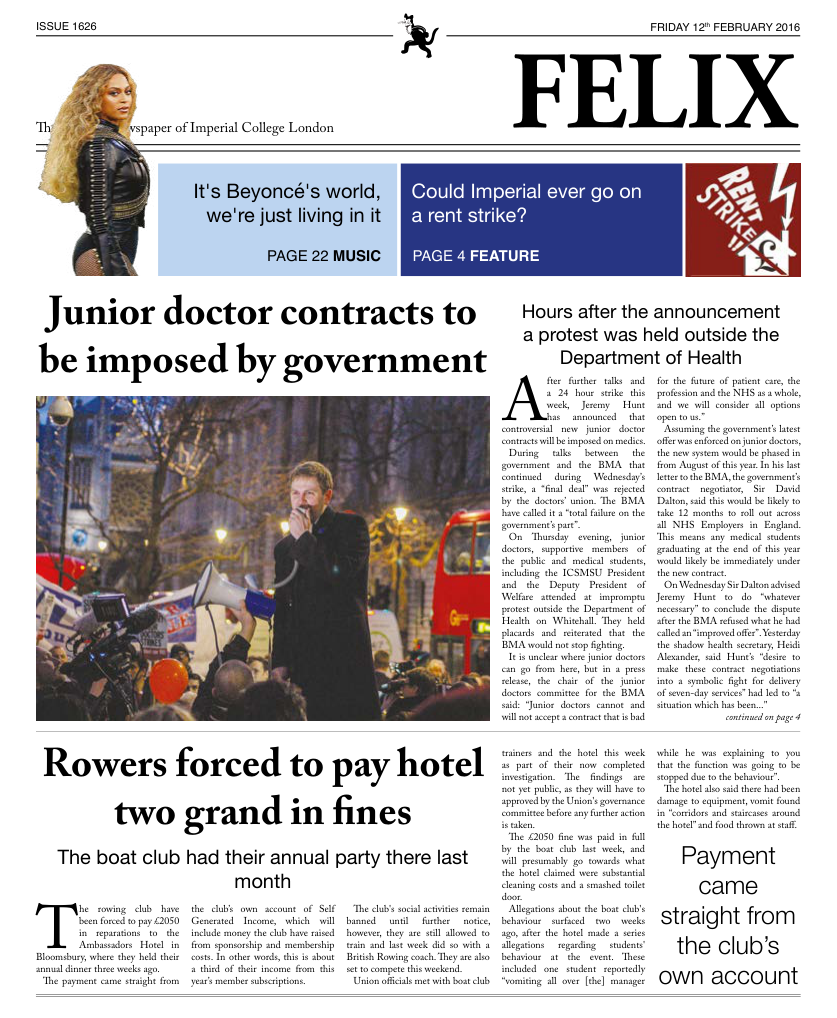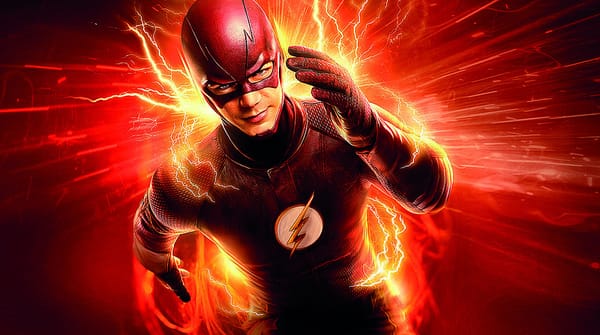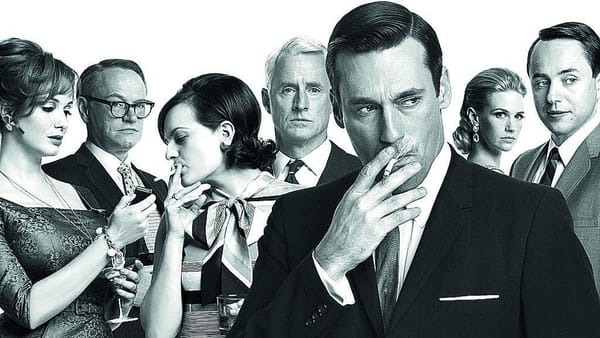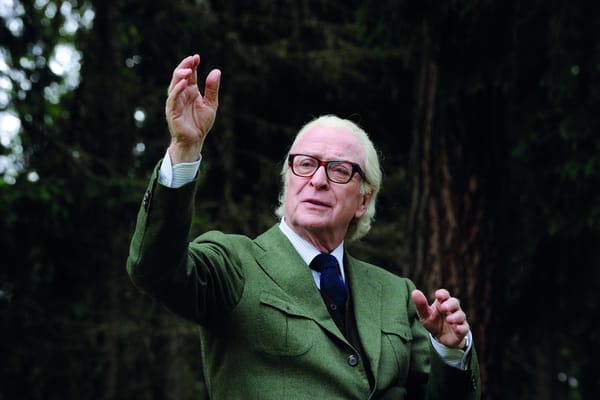Perfunctory historical piece without pizzazz
Turgid Trumbo fails to shine, despite the best efforts of Bryan Cranston
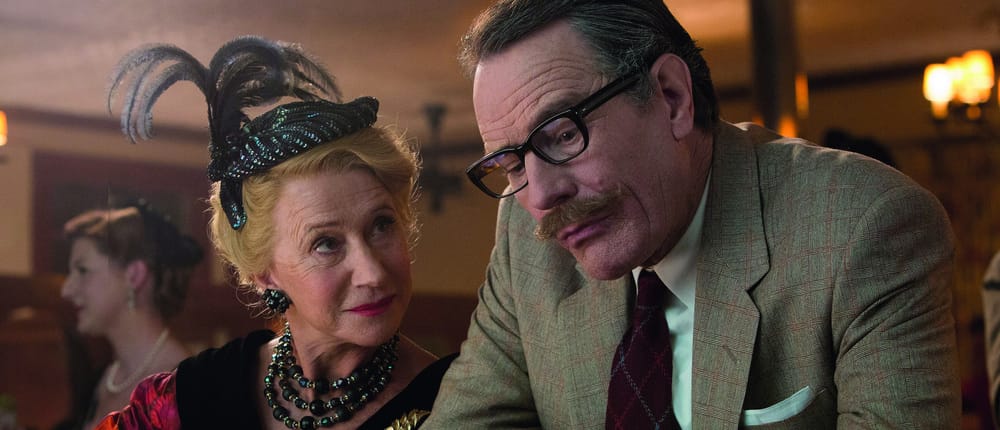
I can remember learning about the Hollywood blacklist in my GCSE history class; a paranoid electorate, whipped into a state of frenzy by senator Joseph McCarthy, pilloried a group of film actors, directors, and writers for their left-leaning tendencies. And that was all it was for us: a note on the past, sandwiched between the Truman Doctrine and the sultry summer of the Rosenbergs’ execution. But of course, for those involved, for their family and friends, for the whole industry, that was far from it; director Jay Roach seeks to rectify this in his film Trumbo – focusing on a single individual (in this case Dalton Trumbo, the screenwriter of Roman Holiday, Exodus, and Spartacus), the film invites us to observe the catastrophic effects the blacklist had on an entire generation of creatives.
Bryan Cranston is the titular Trumbo, and while – fresh from his stratospheric success in Breaking Bad – he provides the film with a certain amount of gravitas, his character really seems to amount to little more than a collection of mannerisms. Cranston’s Trumbo clutches his trademark cigarette holder, spends hours in the bath scribbling, and responds to every change in situation with the same pained/confused face; he delivers his lines in a tone that reminds me most of Daniel Day-Lewis’ oil baron in There Will Be Blood – strained, dignified, charismatic.
The overall effect is that everything Cranston says seems to take on an air of gravitas, making his Trumbo seem less like a human being and more like rhetoric given a human form. It is perhaps unsurprising that Cranston’s performance is so broad, given Roach’s most famous work is the Austin Powers trilogy. At one point, his friend and fellow writer Arlen Hird (a composite character, played very well by Louis C.K.) snaps at him: ‘Jesus, do you ever say anything that isn’t gonna get chiseled on a rock?’ – a fair question.
But then perhaps the fault lies – ironically enough – with screenwriter John McNamara. The script is solid, but not anything really special. It hits all the points along the story arc, giving us the requisite initial setbacks, betrayal from a friend, an emotional crisis (where Trumbo’s guilt seems to be absolved by him spending his cash), and an eventual, inevitable conclusion. Cue credits and archival footage.
Cranston has a fair amount of backup power in the supporting cast: Diane Lane delivers the most nuanced performance of the film as Trumbo’s long-suffering wife; Elle Fanning puts in a great turn as Trumbo’s fiery teenage daughter, who is more concerned with the passing of the Voting Rights Act than her father’s scriptwriting; and Michael Stuhlbarg does an adequate impression of actor Edward G. Robinson (although, after his exceptional performance in A Serious Man, all I really want is for Stuhlbarg to get more film time in any role). Helen Mirren, placed front and center in all the advertising campaigns for the film, has little more than a bit role in gossip-columnist Hedda Hopper; it’s all mad hats, panto-dame style barbs, and rampant anti-semitism, and – ultimately – she really isn’t that good.
Cranston’s Trumbo really amounts to little more than a collection of mannerisms
The film is stolen, however, by John Goodman, who puts in a barnstorming performance as Frank King, a B-list producer who takes on scripts written by Trumbo in secret; Goodman has some of the best scenes of the film, and runs with them, culminating in one where he is threatened with shutdown if he doesn’t fire Trumbo. ‘I make garbage!’ he screams, smashing a baseball bat into the space that seconds before was filled with a man’s head; ‘wanna call me a pinko in the papers? Do it! Nobody who goes to my movies can fucking read.’
But it turns out Goodman’s performance is the high spot of an otherwise flaccid piece of work. While overall the cast put in a solid (if uneven) effort into their roles, there is a sense in which the film doesn’t really come together. Perhaps it’s the script, which flies through 15 years of tumultuous history at a speed which would give you whiplash; or maybe it’s the direction, which is done perfunctorily and without panache; or perhaps it’s the cinematography, and the bizarre lighting style which sees everyone brightly illuminated from the front. In some respects, this film reminded me of Spielberg’s Bridge of Spies, another film about one man facing down rabid, commie-fearing America; but that film was produced with oodles of style, making it a masterful oil painting in comparison with Trumbo’s colour-by-number.


